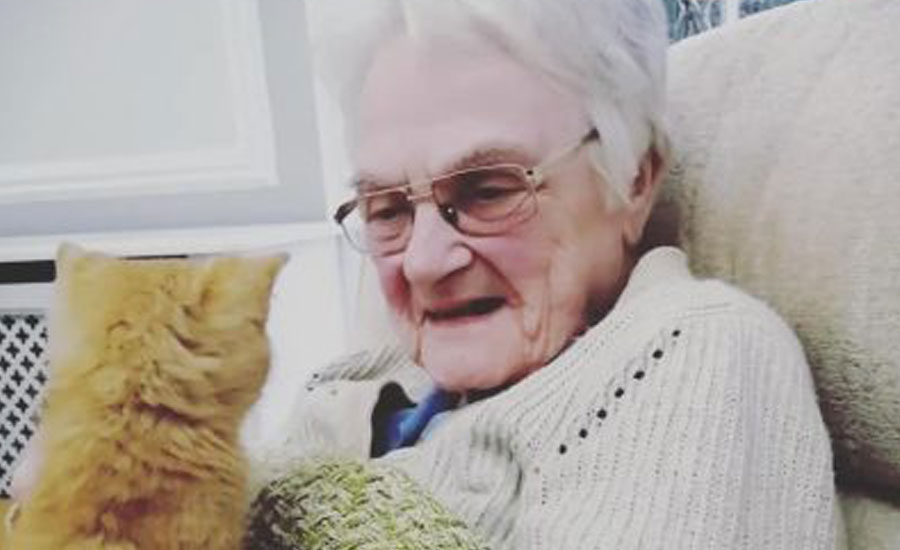National Pet Month: The importance of animals and pets in therapy for the elderly

April marks National Pet Month, which aims to raise awareness of responsible pet ownership and show how important pets can be in our lives.
You’ve heard the saying ‘man’s best friend’ but dogs and other animals are so much more than that. For the elderly, especially those who may feel lonely or isolated, animals and pets can be particularly important. In fact, animal-assisted therapy (AAT) has been shown to have numerous benefits for seniors, both physical and mental.
Reducing isolation and loneliness
Animals are such a great source of companionship, particularly for the elderly. They can reduce loneliness by their presence alone but also by the opportunities they present. As we age, our social circles often shrink and we may have fewer opportunities to interact with others.
Walking a dog can help you meet other people you wouldn’t normally interact with, along with providing a non-judgmental presence to confide in when you need to talk.
Lowered blood pressure
In addition to the social benefits that animals provide, there are plenty of physical benefits for the elderly. For example, studies have shown that interacting with animals can lower blood pressure and decrease levels of the stress hormone, cortisol. This reduces the risk of heart disease and other health issues.
Exercise and mobility
As well as the health benefits such as the ones mentioned above, animals can provide an opportunity for exercise and increased physical activity. Daily dog walks and engaging in playful activities with pets can help you stay active and maintain mobility. Caring for pets can provide sensory stimulation and improve fine motor skills through grooming, feeding, and other daily tasks required to take care of them.
Mental health benefits
One of the most important benefits animals can have for the elderly is an improvement on mental health, and those struggling with depression, anxiety, and other mental health issues will notice a difference when owning a pet. AAT has shown that animals can improve mood and reduce symptoms of depression and anxiety. They also provide a sense of calm and comfort, which can be particularly beneficial for elderly people who may be dealing with stress or grief.
Adding structure to the day
After retirement, daily structure can be difficult to come by and that proves difficult for some people. The routine of feeding, exercising and caring for a pet can help with daily routines, helping people feel more grounded and focused. It can provide a sense of purpose and achievement. Owning an animal is a big responsibility and for those that have found themselves without structure every day, caring for an animal can provide great rewards.
Whether through ownership or simply by participating in AAT, the benefits of time around animals is clear. Providing purpose, companionship and increased physical activity helps people in their later years and can do a great deal to improve mental health in the elderly.
We are dedicated in our approach to care at Old Shenfield Place and encourage regular animal visits to the home where appropriate.
For more information on our beautiful care home, please don’t hesitate to get in touch by calling 01753 890134 or emailing enquiries@austenwoodcarehome.co.uk.
